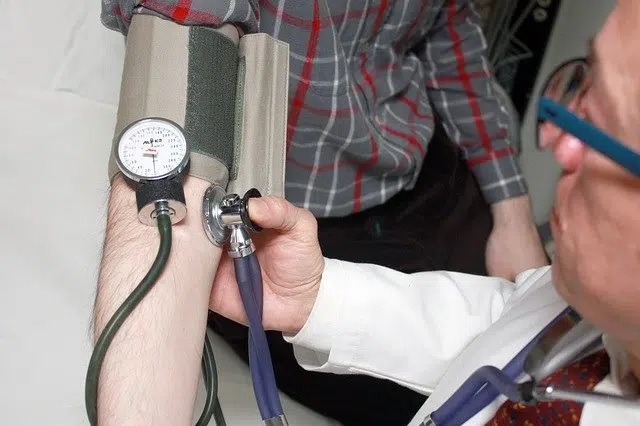
A health program aims to improve people's health conditions.
A health program is a set of actions implemented by a government with the objective of improving the health conditions of the population . In this way, the authorities promote prevention campaigns and guarantee democratic and massive access to care centers.
Typically, a health program consists of several parts. In principle, an introduction is proposed, with the background and the mission that the program will fulfill. Afterwards, a diagnosis of the current situation is carried out, which may include a summary evaluation of similar plans that have been developed previously.
After the diagnosis, the plan is presented (with the schedule of activities) and, sometimes, the conclusions regarding the results expected to be achieved are also detailed.
Implementation of health policies
Therefore, the health program is an instrument to operationalize health policies through the planning, execution and evaluation of health promotion, prevention , treatment and recovery actions.
Among the fundamental objectives of launching a health program are the prevention of all types of diseases and the effective performance of professionals in the respective health areas.
Types of health programs
There are different types of health programs. For example, depending on the geographic area of application, a health program can be national , provincial or municipal .
Programs may also be intended to meet the needs of a specific health field. For example:
* Reproductive health programs: they aim to carry out general advice and guidance actions on everything related to sexual relations and reproduction (orientation talks, prescription, delivery of contraceptives, etc.);
* Tobacco control programs : they disseminate information about the dangers of consumption and its health consequences.
Most programs tend to rely on education and making certain scientific knowledge available to citizens that can facilitate their own security. If these measures are received favorably by society, it is possible that catastrophes of any level can be prevented . These preventive measures are carried out in the various areas in which citizens' lives take place.

Actions to prevent diseases are usually part of health programs.
The case of the European Union
Since the constitution of the European Union, there has been a responsibility assumed by all signatory countries, which requires them to guarantee the protection of public health in their territory and collaborate with the rest of the countries that are part of the organization so that they can do so.
This has led to a series of studies being carried out over the years and plans being put into practice that adapt to the circumstantial reality of each country. One of the most important programs in health policy issues is the so-called "Health for growth" that will be developed between 2014 and 2020.
It has been developed taking into account the various demographic changes that the continent has suffered in recent decades and its objective is to ensure that all countries obtain healthcare services that are sustainable and that have the latest tools developed for the sector.
In this way, they could achieve or improve their public health systems, protecting their citizens from health threats that could reach across borders, such as a flu epidemic .
This health program would help all countries that are part of the European Union to react with due effectiveness to the economic challenges and demographic changes that constantly modify them and put their health systems to the test.
